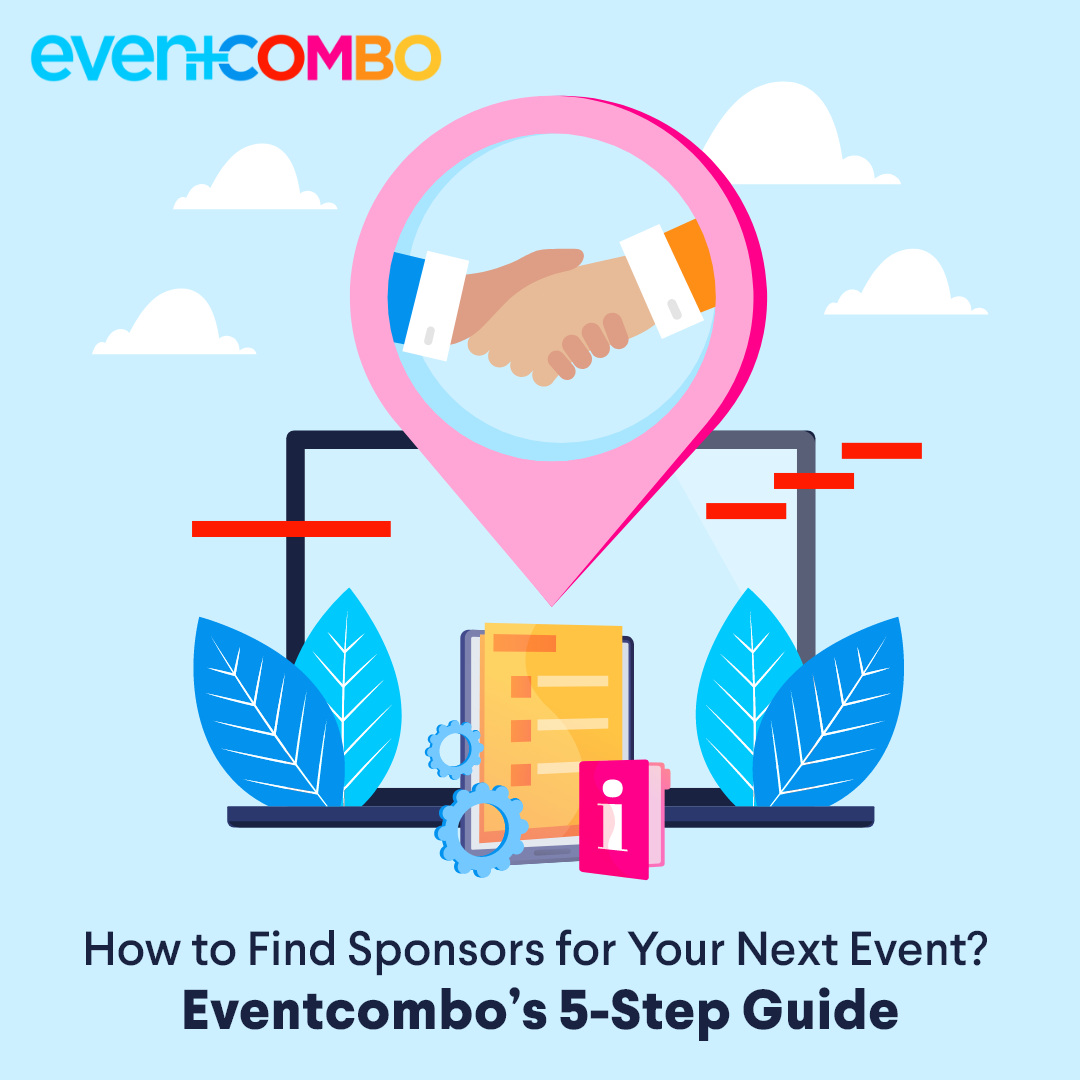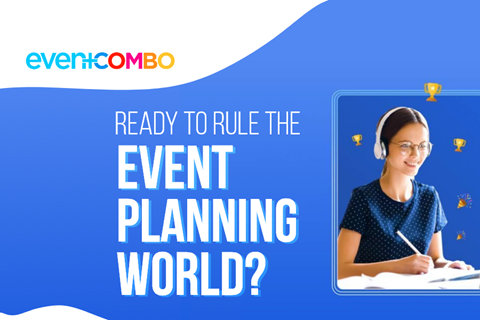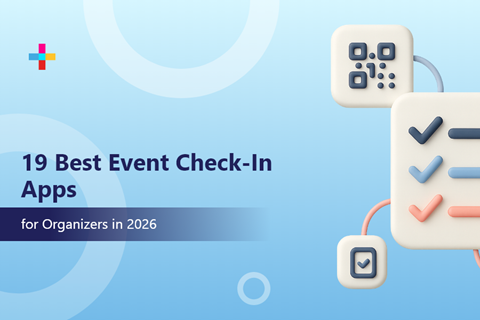

If you are planning your next event, you might be thinking - how are you going to find event sponsors? This is actually an important question to address as it can determine the financial success of your next event. Well-established brands usually have great event budgets but medium and small-scale companies may find it difficult to deliver a good yet cost-effective event. As an event organizer, getting event sponsorship is vital as it mutually benefits both the parties involved.
What is sponsorship and how does it work?
Sponsorship in an event promises certain rights, exposure, and benefits to the sponsor, in exchange for the finance or any other support they provide to the event. In most cases, a sponsor’s brand image, logo, kiosks, products, or services are put on display at the event’s venue. Event sponsorship is an opportunity for the organizer and sponsor to make connections, create business opportunities, and build brand awareness. When the goals of both parties are aligned, greater things can be achieved.
Sponsorship is not just limited to advertising; it is an investment. An investment to evaluate how sponsorship properties will be displayed and utilized on various touchpoints of the event. These touchpoints could be emails, newsletters, social media handles, kiosks, banners, gift vouchers, entertainment, etc.
Types of sponsors
Let us now take a look at the types of sponsorship along with how and why sponsorship is important for events.
1. Cash Sponsorship
Cash or financial sponsorship is the most common type of event sponsorship where a sponsor invests their money in exchange for marketing and promotional benefits. A proper sponsorship agreement outlines the terms, conditions, and offerings for the mutual benefit of both the parties involved. It is important to lay down clear goals and objectives too in order to effectively tap into business opportunities and decide the sponsorship level.
2. Value-In-Kind Sponsorship
Value-in-kind sponsorship does not involve direct cash or financial benefits for the event organizers, rather the sponsors support the event in such a way that it adds value to the overall event. They do so by providing services, products, or both to the event. For example, giving free t-shirts (with the sponsor’s name on them), trophies or medal distribution, or there are food sponsors as well that provide free meals to the attendees. In the technical arena, some tech companies may even provide free technical support to the event.
3. Media Partnership
In a media partnership, sponsors help in advertising the event. Media channels may include various forms of print and digital coverage of the event. Any event which has media partners spends a lot less on its marketing activities. For instance, in order to support a local business, a journalist might offer to write about their event, or telecast their event for free. This is also a blend of value-in-kind sponsorship and media partnership.
4. Promotional Partnership
This is a kind of sponsorship in which people who have a large number of social media followers promote the event by mentioning it on their social media handles. They are primarily social media influencers who talk about your event. Instagram and Twitter, by far, have become the best platforms to get noticed and get people talking about your products or services. Since social media influencers have a dedicated fan base, it is sometimes the exact TG to look for when it comes to the promotion of your event.
Interesting fact: According to Bizzabo, nearly 80.2% of event marketers have been able to reach a much wider set of audience through virtual events. This creates a great opportunity for sponsors as well to get greater visibility.
Eventcombo’s 5-step guide to get sponsors for your event:
1. Research
Research about your potential sponsors thoroughly, be sure to look for sponsors that have organized similar events like yours in the past. Look for the types of events they have been sponsoring and how can you align your goals on the same lines. Establish a clear understanding of their products, services, and other offerings to determine how it would be a good fit for both parties involved.
2. Create a pitch
In order to get a sponsor for your event, you must clearly define “what’s in it for them”. Communicate the potential benefits for your sponsors and why they should invest in your event. Enlist the demographics from your previous events clearly. It is always good to include the success of your past events too, as this will give them in-depth knowledge of how your events turn out to be. Also, highlight the type of audience that would be a part of your event. Be sure to enlist all these details in your pitch. Lay down a clear concept of your event and how your sponsors can fit into the picture perfectly.
3. Show them numbers
If you are pitching to the sponsors to get them interested in your event, you must show them numbers and data associated with your past events. An event organizer must know the importance of event data. The same data will enable the sponsors to evaluate and better understand if they should invest in your event and how will it benefit them.
Presenting valuable data is the best way to secure a sponsorship. A fully integrated event tech platform will enable you to gather all these useful insights and get valuable companies to invest in your event.
4. Marketing strategies
Laying down clear marketing strategies is again an important step. If your sponsors know that their brand will get enough exposure, they will definitely go for it. Define the media channels that you will be using to market your event. Additionally, it is also good to ask your sponsors if they want their products or services to be presented and marketed in a particular way so you can align your strategies with their expectations.
5. Manage your relationships
Event sponsorship is basically a business deal between an event organizer and a sponsor. It is wise to carry out this process in the most structured way and create a sponsorship agreement that outlines specific details like what is the level of sponsorship, what are the deliverables from the event organizer and the sponsors, the type of sponsorship you are agreeing to, and so on. Once everything is documented with mutual consent, it becomes a lot easier to manage your sponsor relations.
Are you looking to add more value to your in-person, hybrid, or virtual events? Check out the Eventcombo offerings! Book a demo right away.

Professional certifications for event planners do more than provide a solid foundation in the field; they offer valuable exposure to the dynamic world of event planning and insights from prominent industry experts.

Choosing the right event management platform is vital for event professionals navigating the growing demand for in person , virtual, and hybrid events. Modern planners need solutions that offer robust features,...

Attendees don't notice good check-in. They only notice bad check-in. And planners know check-in is the first moment where their behind-the-scenes work gets exposed.